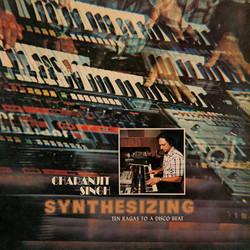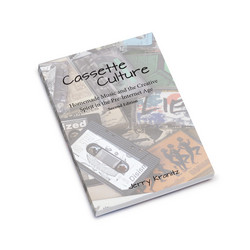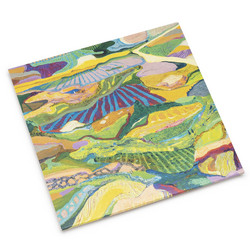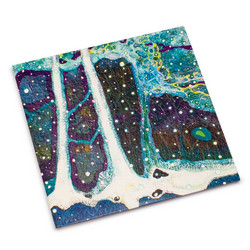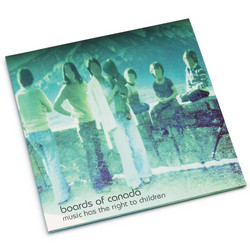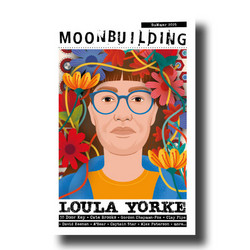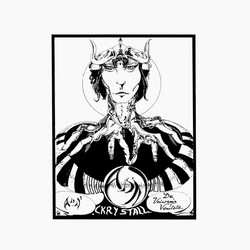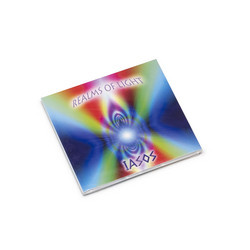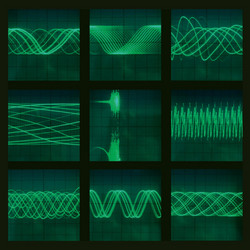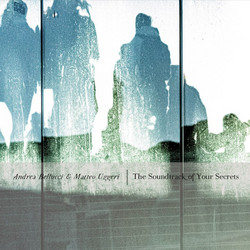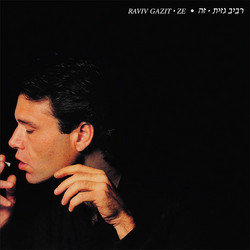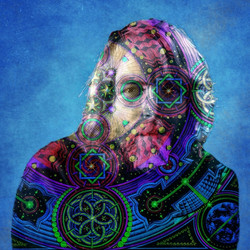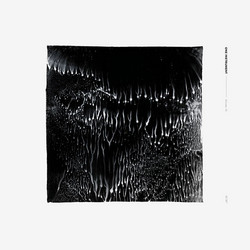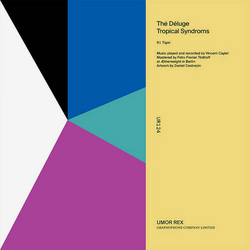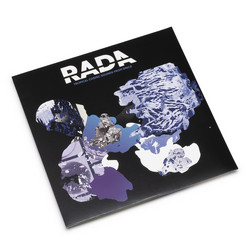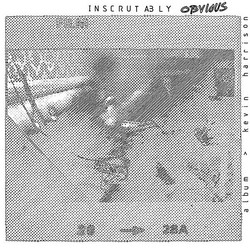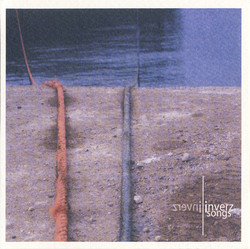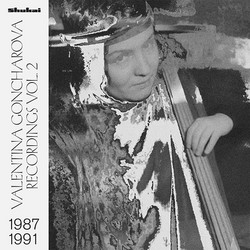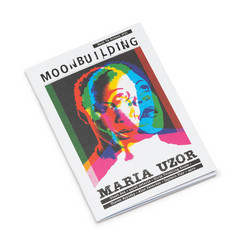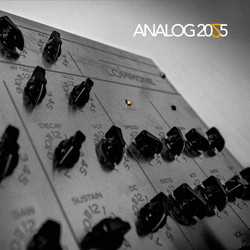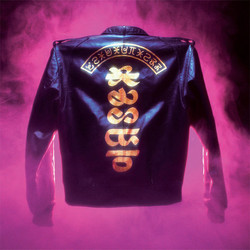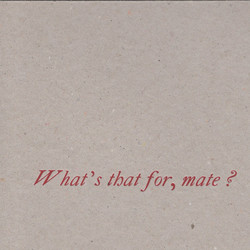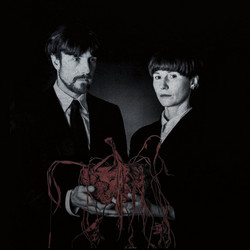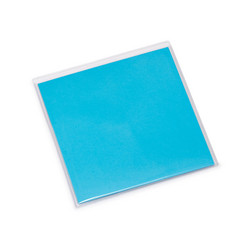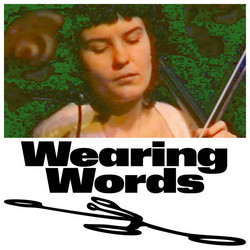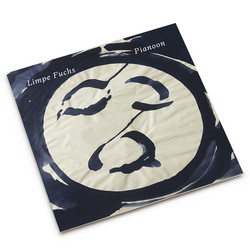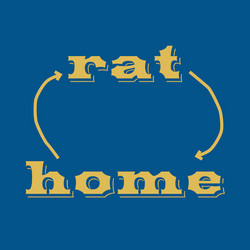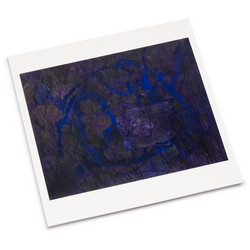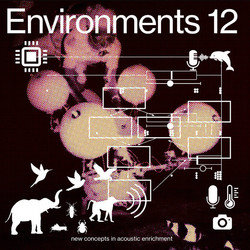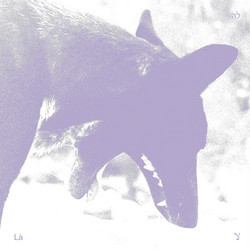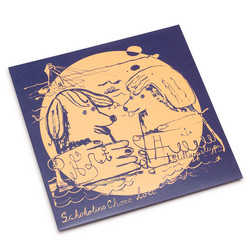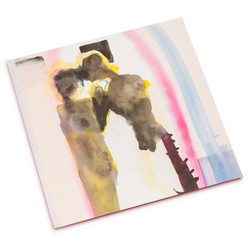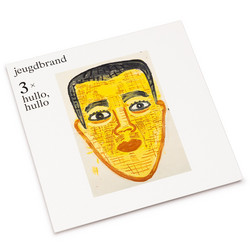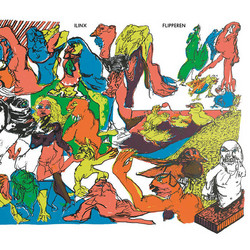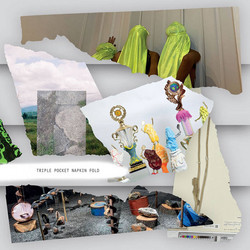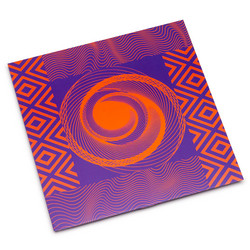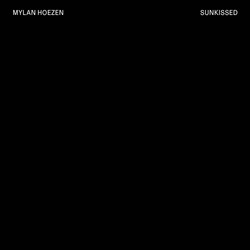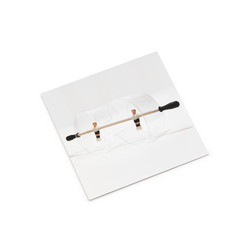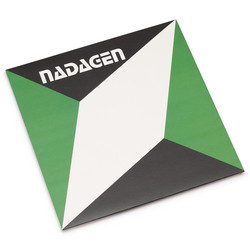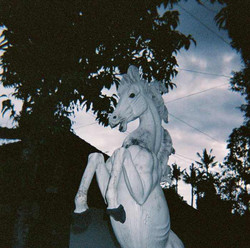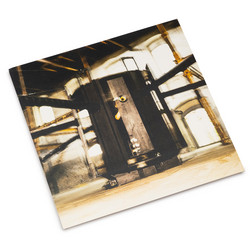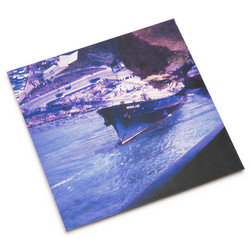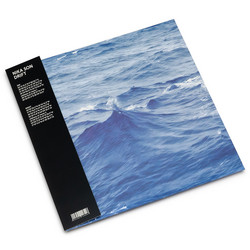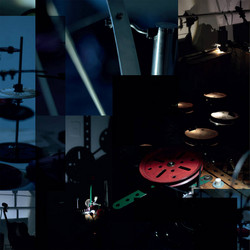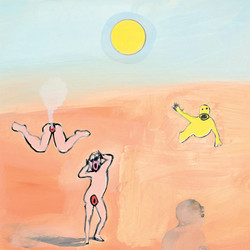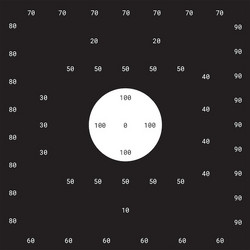**200 copies** Studies / Studien / Etudes' is a collection of pieces on synth by Rotterdam-based artist Joost M. de Jong jr., inspired by the first wave of Krautrock, Wendy Carlos and straight-to-VHS soundtracks. His music is both abstract and melodic, playful and austere, highly experimental and endlessly replayable... TEXT ↓ It turns out that ‘Joost M. de Jong, Jr.’ is just one of the incarnations, in name and character, of the man sitting in front of me. As a person, he is apologetic about being chaotic and about being a millennial. As a musician, he goes by a number of monikers, past and present. Oliver Oat makes pop music, Boze Adelaar raps, and Jose Happa does Casio Latin. Joost also lends his musical assistance to many other bands. It was in one of these bands, Bonne Aparte, that Michiel Klein, who runs the cassette label DeHef, noticed Joost’s doodling between songs on the MoPho, a one-voice synth with sub-oscillator. He encouraged him to keep playing around, to record some segments and forward them to him for a future tape compilation release. This provided a focus for the heretofore ‘unguided’ doodling and arpeggios; they now had a purpose and a goal.
In much the same way, Joost’s earliest musical inclinations at the age of five were directed into piano lessons by his parents, to formalise his fiddling. This led to a sequence of musical adventures through his childhood, including participation in a church choir and playing Swedish folk music; violin- and singing lessons; and pop-music lessons. Later on he studied sublime poetry in Edinburgh, Scotland; picked up the accordion and the ukulele; messed with PCs and SCSI hard-disk recording; then went on to the guitar, melodic death metal, and radio-promo productions.
Joost’s classical training can be clearly discerned in the arpeggiated tracks on this album, influenced by Béla Bartók, Bach’s fugues, eighties soundtracks, Krautrock, and electronic pioneers such as Wendy Carlos. The tracks were recorded on VCR using a combination of Roland JX-3P, Korg Mono/Poly, Roland Juno-60, an old mixer, an Echolette suitcase delay machine and more. Klein’s curatorial input was responsible for losing a drumtrack and looping some shorter pieces. So, listen closely and let the mathematical intricacy of synthesised arpeggios take you on a ride over some imaginary moviescapes.
